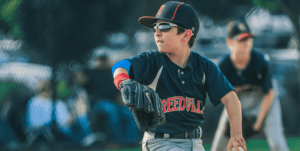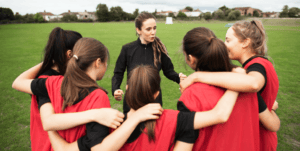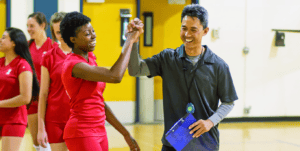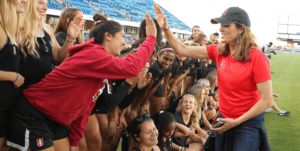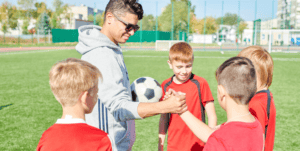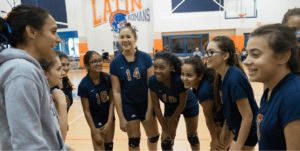PCA Resource zone
Nurturing an Improvement Mindset
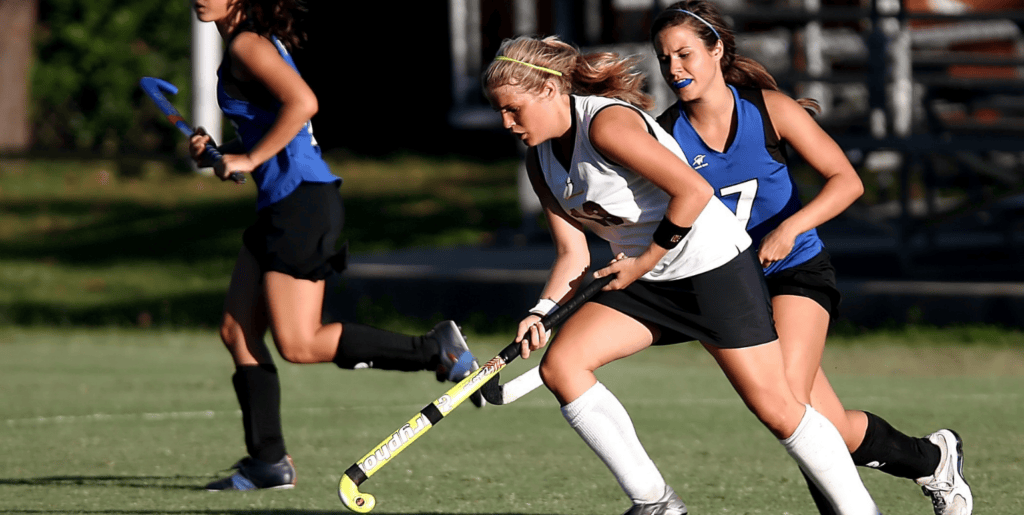
Providing athletes with tools to overcome and learn from mistakes will benefit them both on and off the field. Nurturing your athletes’ growth mindset is a great way to help them see skill building as an ongoing journey. A growth mindset is the belief that, with effort, you can develop and improve your skills and abilities. It guides the response to challenge and ability to reflect and gather feedback when facing setbacks.1 In other words, setbacks are seen as the ability to learn and grow instead of a point of failure.
In contrast, a fixed mindset is the belief that ability is unchangeable, leaving little room for personal agency in improvement.2 In simple terms, when approaching a challenge, an athlete/coach with a growth mindset will say, “I am working to improve at this,” while an athlete/coach with a fixed mindset will say, “I am bad at this.”
Athletes alone are not responsible for ensuring they have a growth vs. fixed mindset. It’s the responsibility of a coach to help athletes learn and develop a growth mindset. To help nurture a growth mindset amongst their athletes, coaches can:
- Model growth mindset by recognizing that every athlete has the ability to improve and develop.
- Examine potential biases that may influence your perspective on an athlete. Use this self-awareness to intentionally shift thinking about that athlete.
- Give process praise – the type of feedback that acknowledges the hard work that led to an athlete’s successful outcome.
- “You continued dribbling with your left hand today at practice, even when it was hard.”
- “I can see how much you practiced hitting the cut off player every day at practice and that work helped you do that in a game today!”
- Redefine FAIL as First Attempt In Learning. Emphasize that, especially when trying something new or developing skills, athletes can expect to make mistakes. They should view those mistakes as opportunities to learn and improve the next time they try.
- Bring awareness to language. What type of language are coaches/athletes using when they encounter challenging moments? Guide athletes towards using language that reflects a growth mindset.
- “I will keep working on my left foot to get better control with it!” vs. “I’ll try to work on my left footed control.”
- “I am a dependable teammate.”
- “I can guard their best player and will work hard to do so.”
- Incorporate growth-based visualization into practices by talking athletes through certain scenarios and emphasizing a growth mindset focused response.1
- Ex. Have athletes envision a match up against the best player on the other team. Ask the athlete to visualize how they would approach it and share their thoughts with a teammate. Encourage them to not assume they’ll get beaten one on one, but to think of different strategies to overcome the challenges they may face.

